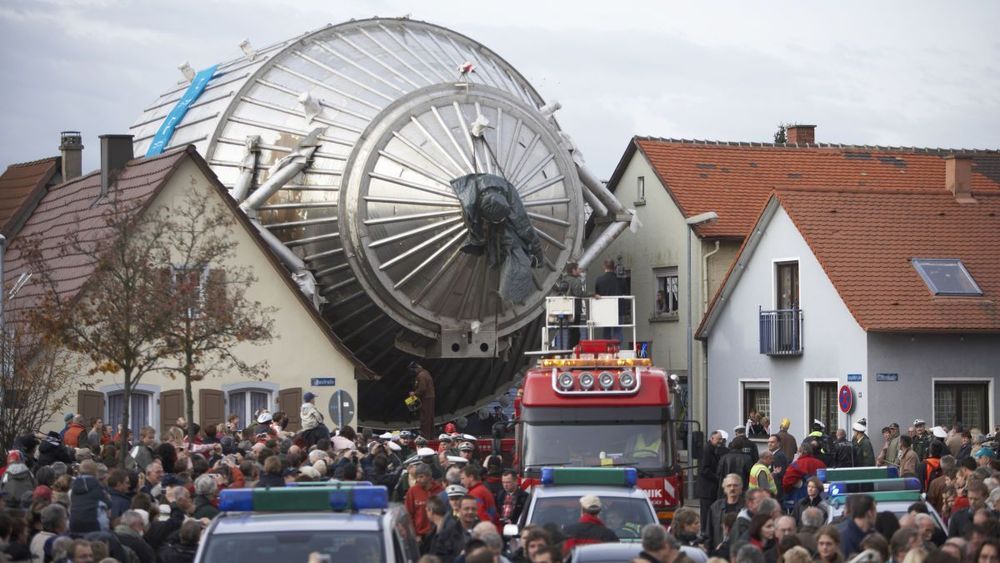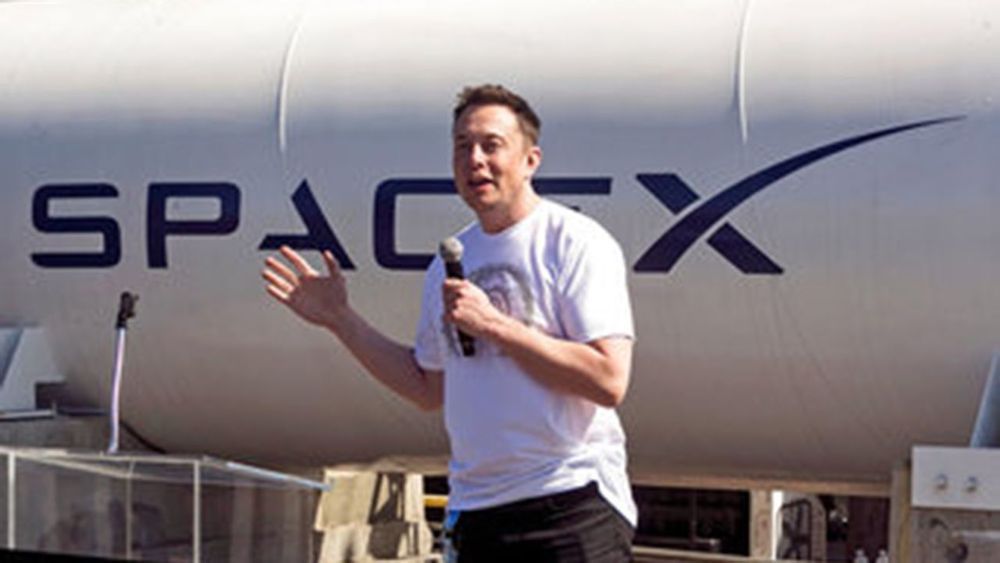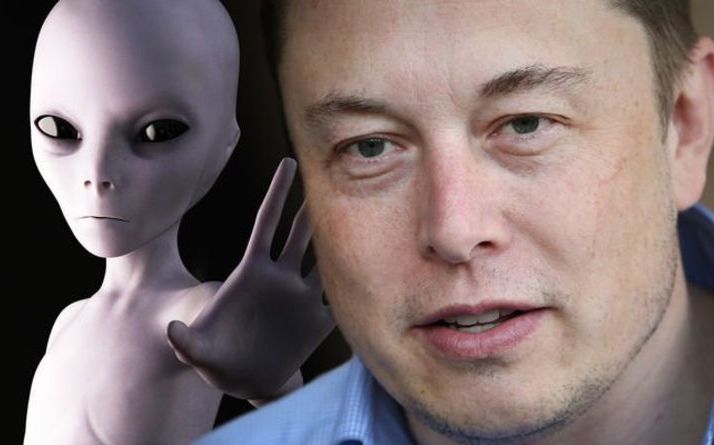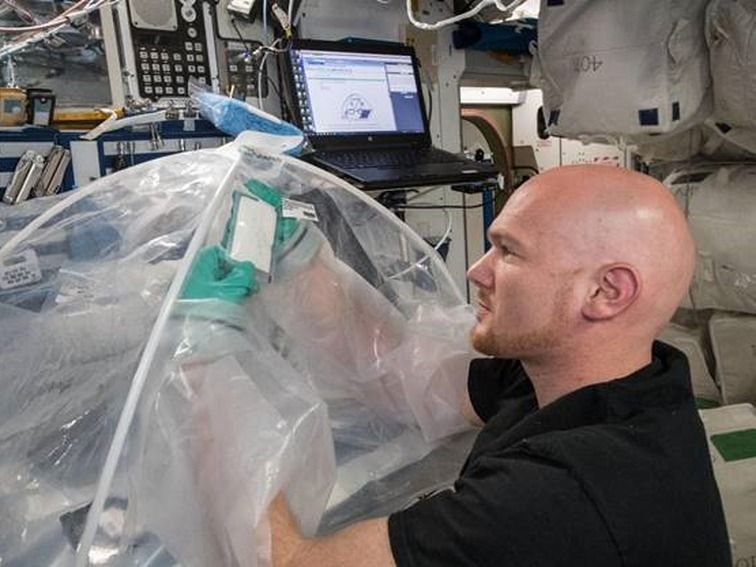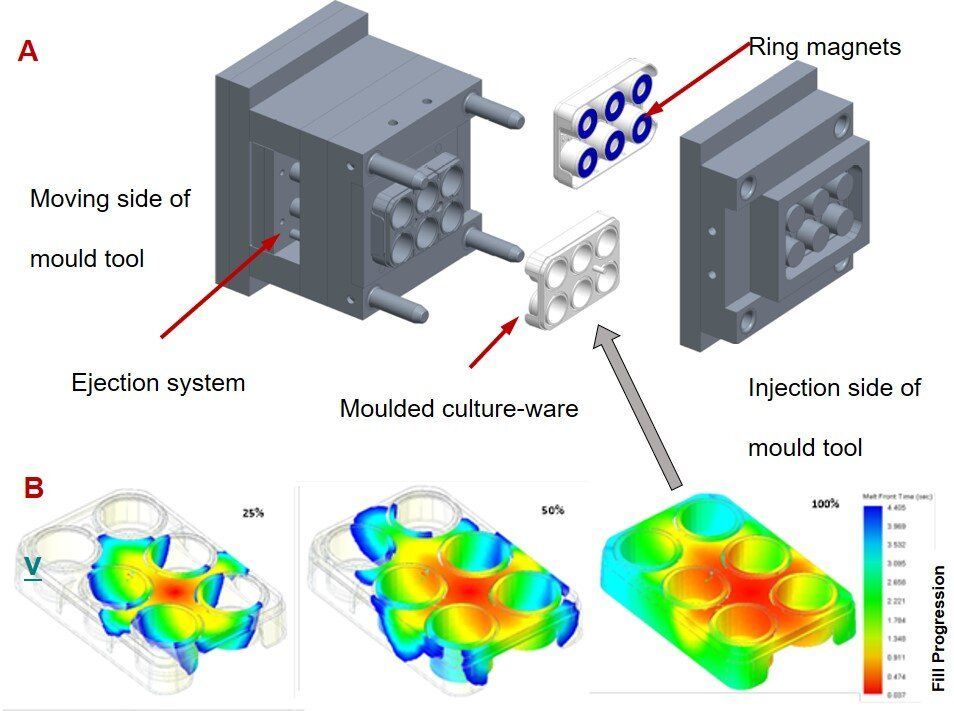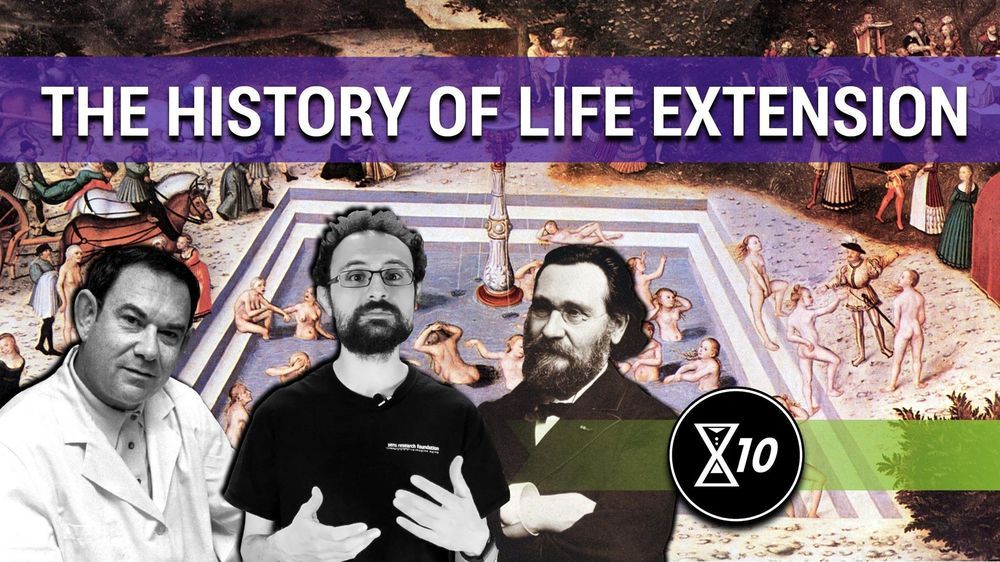In regenerative medicine, scientists aim to significantly advance techniques that can control stem cell lineage commitment. For example, mechanical stimulation of mesenchymal stem cells (MSCs) at the nanoscale can activate mechanotransduction pathways to stimulate osteogenesis (bone development) in 2-D and 3D culture. Such work can revolutionize bone graft procedures by creating graft material from autologous or allogenic sources of MSCs without chemically inducing the phenomenon. Due to increasing biomedical interest in such mechanical stimulation of cells for clinical use, both researchers and clinicians require a scalable bioreactor system to provide consistently reproducible results. In a new study now published on Scientific Reports, Paul Campsie and a team of multidisciplinary researchers at the departments of biomedical engineering, computing, physics, and molecular, cell and systems biology engineered a new bioreactor system to meet the existing requirements.
The new instrument contained a vibration plate for bioreactions, calibrated and optimized for nanometer vibrations at 1 kHz, a power supply unit to generate a 30 nm vibration amplitude and custom six-well cultureware for cell growth. The cultureware contained magnetic inserts to attach to the bioreactor’s magnetic vibration plate. They assessed osteogenic protein expression to confirm the differentiation of MSCs after initial biological experiments within the system. Campsie et al. conducted atomic force microscopy (AFM) of the 3D gel constructs to verify that strain hardening of the gel did not occur during vibrational stimulation. The results confirmed cell differentiation to be the result of nano-vibrational stimulations provided by the bioreactor alone.
The increasing incidence of skeletal injuries due to age-related conditions such as osteoporosis and osteoarthritis is a metric of the depleting quality of human life. The development of treatments for increased bone density or fracture healing are prime targets for the regenerative potential of mesenchymal stem cells (MSCs). Researchers have demonstrated controlled osteogenesis (development of bones) of MSCs via mechanical stimulation using several methods, including passive and active strategies. Passive methods typically alter the substrate topography to influence the cell adhesion profile, while active methods include exposure to varied forces from external sources.
